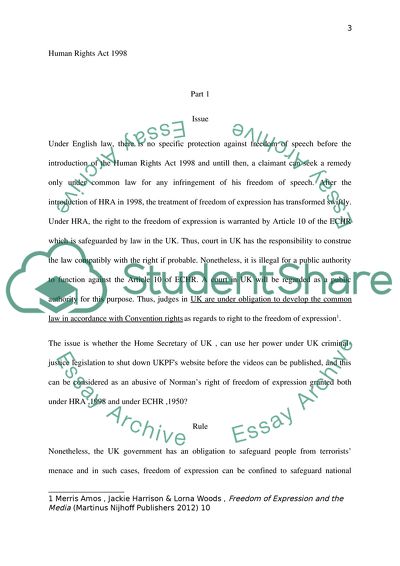Cite this document
(“Human Right Law Coursework Example | Topics and Well Written Essays - 2000 words”, n.d.)
Retrieved from https://studentshare.org/law/1693642-human-right-law
Retrieved from https://studentshare.org/law/1693642-human-right-law
(Human Right Law Coursework Example | Topics and Well Written Essays - 2000 Words)
https://studentshare.org/law/1693642-human-right-law.
https://studentshare.org/law/1693642-human-right-law.
“Human Right Law Coursework Example | Topics and Well Written Essays - 2000 Words”, n.d. https://studentshare.org/law/1693642-human-right-law.


